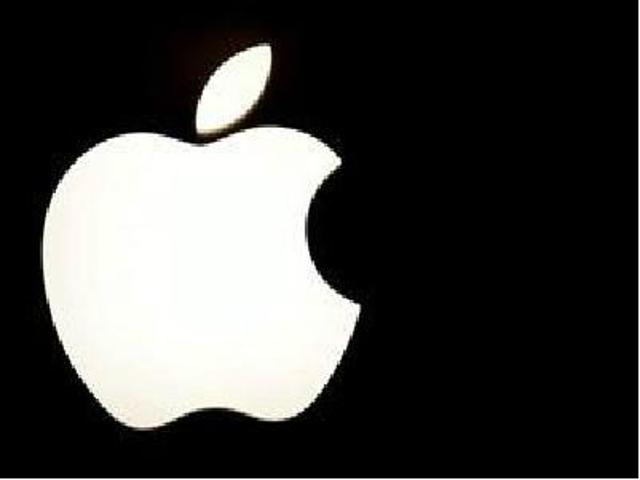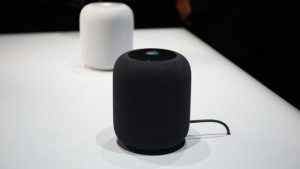1 min read
Apple HomePod could be a step closer to launch

April 26, 2024
Copyright 2023, IT Voice Media Pvt. Ltd.
All Rights Reserved

 Revealed at Apple’s Worldwide Developers Conference (WWDC) in June 2017, the HomePod smart speaker is keeping fans waiting. However, recent approval from the US telecoms regulator, the Federal Communications Commission (FCC), should bring it a step closer to release, expected Q1 2018, in the USA, the UK and Australia.
Revealed at Apple’s Worldwide Developers Conference (WWDC) in June 2017, the HomePod smart speaker is keeping fans waiting. However, recent approval from the US telecoms regulator, the Federal Communications Commission (FCC), should bring it a step closer to release, expected Q1 2018, in the USA, the UK and Australia.